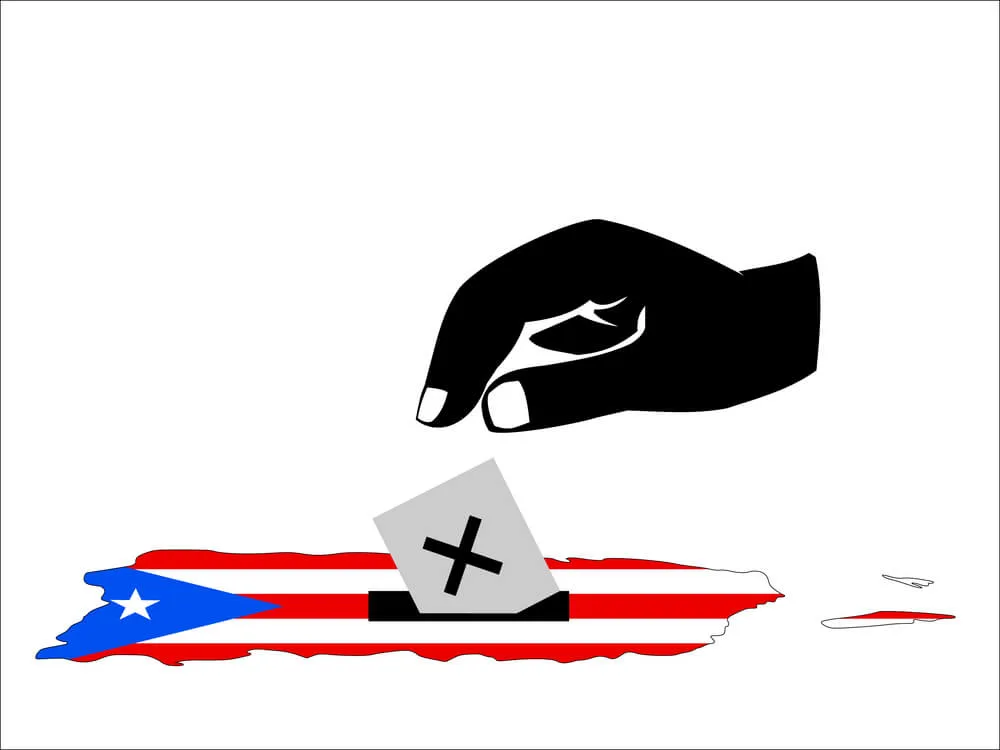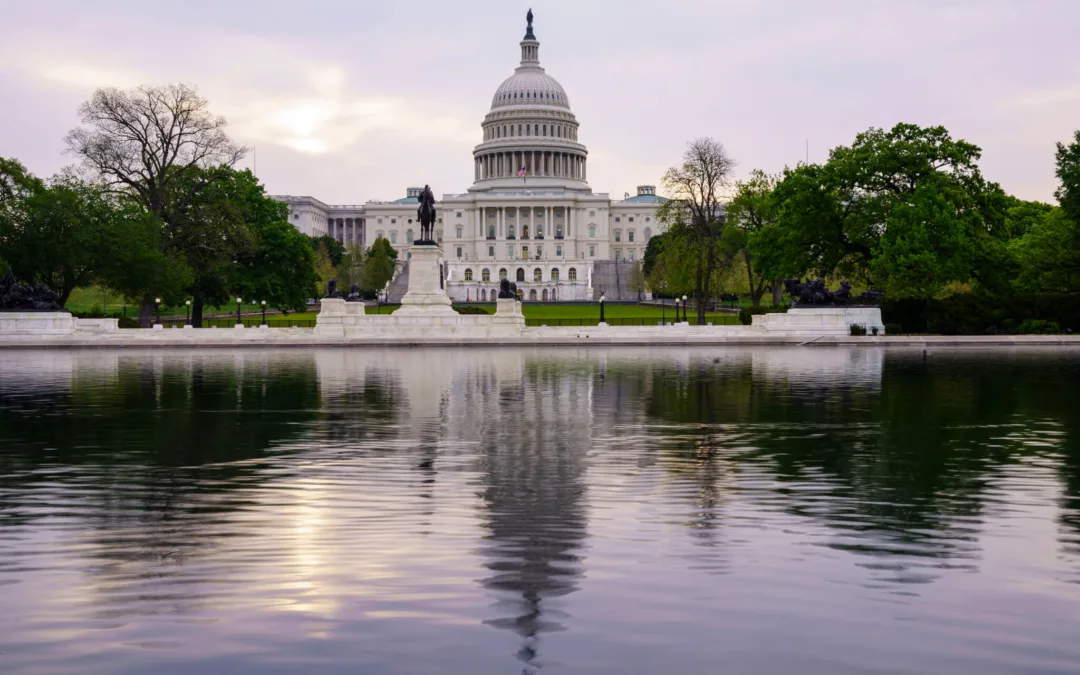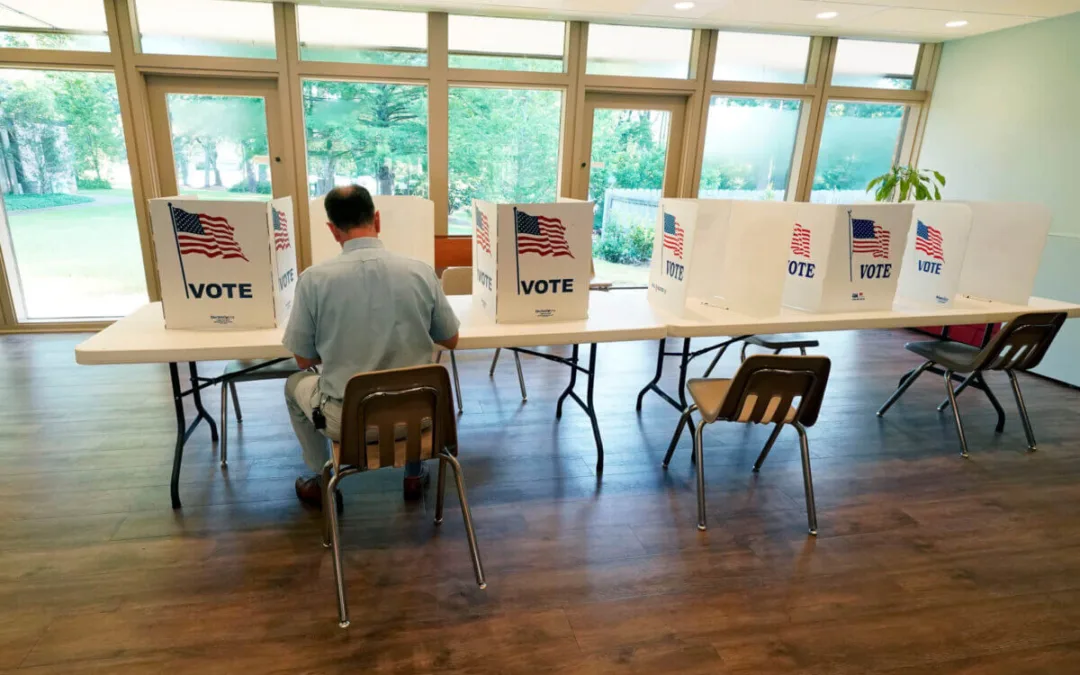
Image via Shutterstock
Recent changes in the island’s definition of residence clarify that voters cannot vote in two places or “double-dip.”
SAN JUAN — The 2020 Puerto Rico electoral code brings important changes for Puerto Ricans who live in the continental United States for part or most of the time, but want to vote in the island’s elections.
According to Article 5.4 of Law 58, Puerto Rican voters have the right to determine their place of residence for electoral purposes as long as they comply with certain requirements.
For example, a voter must have unlimited access to the property they declare as their place of residence on the island. When a property is rented out, the owner has limited access, which makes the residence ineligible for this designation.
RELATED: We Break Down the Dos and Don’ts of Voting by Mail in Florida
According to legislative lawyer Mayté Bayolo Alonso, of The American Civil Liberties Union (ACLU), any Puerto Rican who is an active voter in the island’s elections can cast an absentee ballot from the continental U.S. if their residence in Puerto Rico is recognized.
“The law says a voter can only have one main residence, even if they incidentally own or inhabit other locales for vacation, work, study, rest, or due to health conditions,” Bayolo told The Americano.
The law also specifies that registered voters can actively vote in only one jurisdiction. Duplicate voting registration in both Puerto Rico and the continental U.S. is enough reason for the island’s electoral commission to “inactivate or exclude” a voter from the its general registry of voters.
RELATED: Are You a Floricua? Your Vote Matters to All Boricuas.
Bayolo explains that political parties and organizations on the island are aware of the confusion regarding voting in two jurisdictions, also known as “double-dipping.”
The lawyer also clarified that although being registered in two jurisdictions is not a felony, actively voting in two jurisdictions is considered a misdemeanor. Puerto Ricans who are in Florida, for instance, can decide that their electoral home is on the island and request an absentee ballot for the Puerto Rico election. In that case, they would not vote in the continental U.S. elections.
“If [Puerto Ricans] consider their electoral address to be in Puerto Rico because they are not staying permanently in Florida—say they are vacationing, are there temporarily, or intend to return Puerto Rico—they can cast an absentee ballot,” Bayolo specified. “The conditions have to be certified in the application. What they cannot do is vote in two places.”
Gov. Wanda Vázquez signed the new electoral code on June 20 of this year, which redefined the particulars concerning place of residence.
Leaders of opposing political parties criticized the governor, who is a member of the pro-statehood New Progressive Party (PNP by its Spanish initials), for signing the electoral law without consensus.
“The PNP stole during the hurricane emergency, stole during the earthquake emergency, continues to steal during the pandemic, and now they want to steal the elections,” Charlie Delgado said.
“Wanda Vázquez lied the day she said she would not sign any overarching measures without consensus from all political parties. The PNP stole during the hurricane emergency, stole during the earthquake emergency, continues to steal during the pandemic, and now they want to steal the elections,” Charlie Delgado, gubernatorial candidate for the pro-commonwealth Popular Democratic Party (PPD by its Spanish initials) told El Nuevo Día.
The definitions of absentee voting and early voting within the law were expanded. Bayolo said the controversy regarding the changes to the electoral law is mainly because of the redefinition of what place of domicile means.
“In the past, the absentee vote applied to specific people who were studying or working in the U.S., for instance. The ACLU’s institutional policy is to encourage the elimination of these limits because the less rigid the right to vote becomes—in terms of who can legally exercise their right to vote—the better it is. Still, we are alerting people to be mindful because there is a lot of misinformation,” Bayolo said.
Politics

Teamsters and UPS Reach Tentative Deal to Avoid Strike, 340,000 Workers to Get Raises
The tentative deal represents a huge win for full- and part-time UPS Teamster workers, who would get significant pay raises and better working...



One Republican Senator Is Blocking 265 Military Promotions, Leaving the Marines Without a Confirmed Leader
Sen. Tommy Tuberville's decision means these military officers are not getting the pay raises they’re owed, cannot move their families to wherever...
Local News



Teamsters and UPS Reach Tentative Deal to Avoid Strike, 340,000 Workers to Get Raises
The tentative deal represents a huge win for full- and part-time UPS Teamster workers, who would get significant pay raises and better working...



One Republican Senator Is Blocking 265 Military Promotions, Leaving the Marines Without a Confirmed Leader
Sen. Tommy Tuberville's decision means these military officers are not getting the pay raises they’re owed, cannot move their families to wherever...




